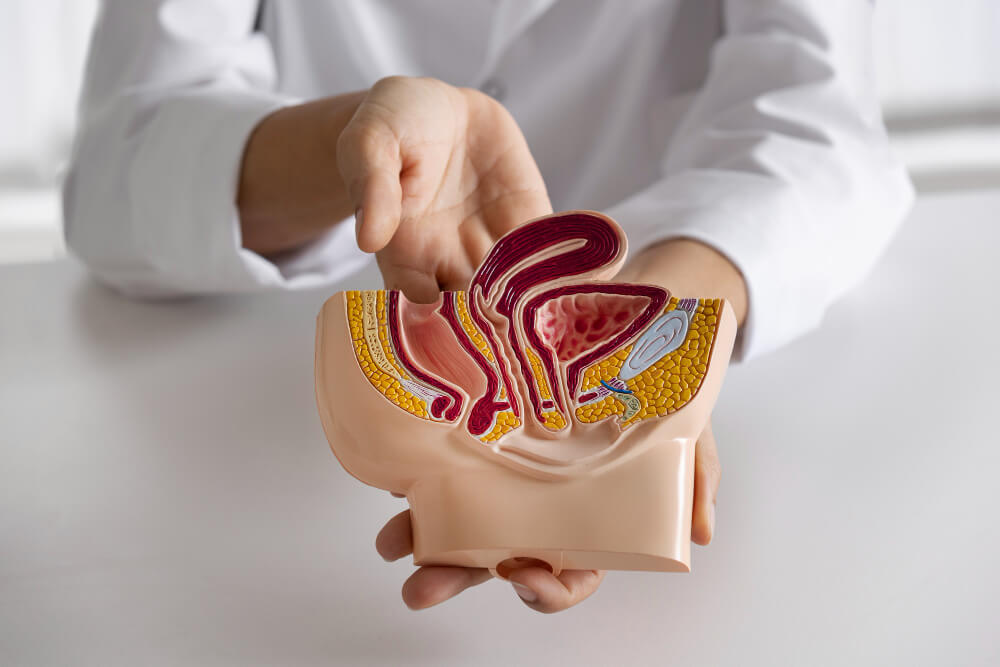Treatments
Anal cancer

What is Anal cancer
Anal cancer is a rare type of cancer that forms in the tissues of the anus, the opening at the end of the rectum. It most commonly develops from infection with the human papillomavirus (HPV). Symptoms may include rectal bleeding, pain, itching, or a lump near the anus. Early detection improves the chances of successful treatment, which may involve radiation, chemotherapy, or surgery.
Symptoms
Symptoms of Anal cancer
The symptoms of anal cancer can appear very similar to other conditions such as haemorrhoids but it’s important to see a doctor if they are unusual for you and do not go away.
They can include the following:
Rectal bleeding is the most common symptom, and you may also notice blood in your faeces
Severe itching which is a condition known as pruritus
Changes to your bowel habits particularly constipation
Pain and discomfort in your back passage
The sensation of a lump around or in your anus or groin area or an increase in the size or number of pile
Discharge, or mucus, from your rectum
However, approximately 20% of those diagnosed with anal cancer do not experience any symptoms.
Who might be at risk?
Anal cancer is thought to affect over 1,400 people a year in the UK and is more common in women than men. Your risk of developing anal cancer can depend on many factors including your age and lifestyle factors:
- Human papilloma virus (HPV), the infection which cases genital and anal warts, is the biggest risk factor for anal cancer – around 90% of anal cancer cases are linked to HPV infection
- History of cervical or vaginal cancer or abnormal changes to cervical cells
- Smoking
- Being over 50
- Lowered immune response
What are the treatment options for anal cancer?
Anal cancer often requires a different treatment pathway to colon or rectal cancer. You may be offered more than one of the following treatments – radiotherapy, chemotherapy, or surgery, often in combination.
For some small, stage one tumours surgery to remove the cancer may be advised as first step.
However for most patients, chemoradiotherapy is the first stage of treatment and for 90% of patients, this cures the cancer. For 10% of patients, they may need an operation known as a radical APER
If the cancer is metastatic either at diagnosis or after above treatments, chemotherapy is advised.

